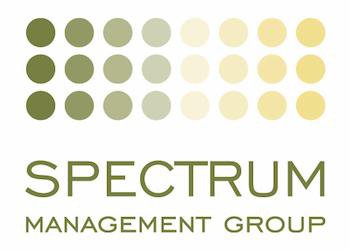
Lauren Gensler
April 11, 2017
When it comes to tracking your spending, credit card statements are often a crucial (but mundane) part of that.
It is by combing through statements where you might catch billing mistakes or spot mysterious charges that could indicate fraud or identity theft. It’s also where you come face-to-face with how much you spend on eating out, travel and Uber rides — and perhaps tell yourself it’s time to cut back.
The vast majority of Americans are still getting their credit card statements in the mail. According to a 2015 report from the Consumer Financial Protection Bureau, roughly three quarters of credit card holders still receive paper statements. Yet, “the share of opt-out accounts continues to increase slowly,” notes the CFPB.
Banks have been aggressively marketing paperless statements for years, pitching it as a better way to stay on top of your finances, reduce clutter and be a friend to the environment. What the banks don’t mention is that they stand to save big time from cutting back on printing and mailing costs. To persuade customers to make the switch, Discover once gave away an iPad every day. Wells Fargo teased a $25,000 sweepstakes prize. Citi offered to plant trees.
Going paperless can certainly be convenient and reduce the number of financial statements needlessly cluttering the house. However, it’s worth considering two potential downsides.

Half of credit card holders who receive online statements don’t bother to look at them, found the CFPB. (Photo credit: Shutterstock)
For one, statements sent to your email inbox can get lost in the shuffle. According to the CFPB, half of credit card holders who receive online statements don’t actually look at them. (To be fair, they didn’t look at how many people chuck their physical statements unopened.) However, if a statement entirely slips your attention, that means you could miss a payment. Or, if you have automatic payments set up, you could fail to spot a mistake or see the type of fees and interest you’re paying.
Secondly, you might find that you don’t have access to previous credit card statements when you need them. To be safe, you should have seven years worth of credit card statements on hand, says Lauren Saunders, a lawyer at the National Consumer Law Center. That way if your taxes are audited you’ll be able to provide a record of expenses. (While most people don’t need to worry about a tax audit after three years has passed, in rare cases you can be audited up to six years after you’ve filed.) You might also find you need a credit card statement for a proof of purchase or a warranty claim down the road.
Banks and credit card companies only have to hold onto your credit card statements for two years, in accordance with the Truth in Lending Act. However, they often choose to retain statements for longer. It pays to ask since each place is different. Here are a few examples:
- Chase makes six years of statements available online and doesn’t keep additional records beyond that
- Bank of America makes the last three years of statements available online and keeps seven years of statements in its archives that are available upon request
- Citi has the last twelve months online but you can request statements back to 1992
- SunTrust shows you 18 months of statements online and keeps records for seven years — if you request more than two paper statements in a year it costs $5 a pop
If you’ve gone paperless, there’s a good chance you feel perfectly content to manage your credit card bills online and request older statements if the need arises. However, if you realize you’d rather have paper statements again, know that you have a right under the E-Sign Act to revoke your consent to online statements and go back to the days of snail mail.
This article was written by Lauren Gensler from Forbes and was legally licensed by AdvisorStream through the NewsCred publisher network.
© 2024 Forbes Media LLC. All Rights Reserved
This Forbes article was legally licensed through AdvisorStream.


